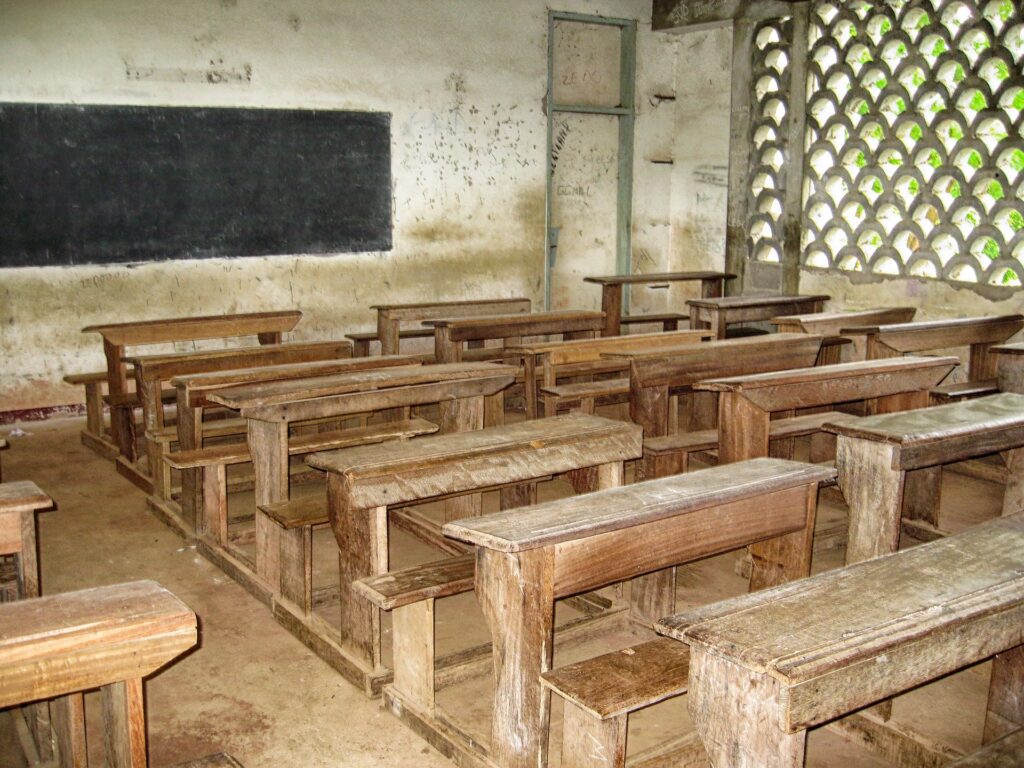“We will not wait for another tragedy to act.” These are not my words — they are a powerful declaration from the Ministry of Education that enough is enough. By closing 348 non-compliant boarding schools, representing about 1% of Kenya’s primary institutions, the ministry has drawn a bold line, prioritizing child safety above all. For too long, preventable tragedies like fires and collapsing buildings have left families shattered and the nation demanding accountability. This time, prevention has taken center stage, and hate them or like them, the ministry deserves praise for protecting the lives of our most vulnerable.
I was shocked to read the Ministry of Education’s audit conducted in September and October 2024, which revealed alarming safety violations in these schools. Structural failures, insecure facilities, and neglect of basic safety guidelines created ticking time bombs for innocent children. Past inaction on such findings has cost lives and caused unimaginable pain for families. By shutting down these schools, the Ministry has declared that child safety is non-negotiable.
However, responsibility does not rest with the government alone. Parents must carefully evaluate the schools to which they entrust their children, particularly boarding schools, which often lack the nurturing environment young learners need. A study published in the Journal of Child Psychology and Psychiatry found that prolonged parent-child separation was linked to increased emotional and behavioral problems in teenagers, particularly when the separation occurred during key developmental years, which can disrupt their ability to form healthy relationships later in life. This underscores the vital role of parental support during adolescence.
Meanwhile, schools themselves must stop prioritizing profit over safety. Diverting funds meant for infrastructure and development or cutting shortcuts in compliance to present a cheaper option to gullible parents facing economic challenges is not only unethical but criminal. This behavior has directly contributed to the appalling conditions cited in the ministry’s audit, which include crumbling classrooms, dilapidated dormitories, and unsecured premises. This moment should serve as a wake-up call for all school administrators that the era of impunity is over. Cutting corners is no longer acceptable.
Equally troubling is the political interference in matters of school safety. Shielding non-compliant schools for personal or political gain endangers lives and must stop. Children’s safety is non-negotiable, and the ministry’s firm stand deserves applause. Politicizing this issue is unacceptable.
Looking ahead, let’s focus on three key issues. First, transparent use of funds is imperative, with stringent oversight mechanisms to prevent mismanagement. Parents must demand accountability from school boards and actively participate in school management. A vigilant parent body can ensure that schools remain focused on their core mission of providing a safe and nurturing learning environment.
Secondly, inspections should become mandatory, with immediate action taken against non-compliance. All schools that fail to meet basic safety standards should be shut down without hesitation. In addition, there must be a shift in how boarding schools are used. These institutions should cater to older children who are more capable of managing the social and emotional challenges of boarding life. Incentivizing quality day schools closer to communities could reduce the reliance on boarding institutions for young learners.
Thirdly, a national public awareness campaign is needed to educate communities on the importance of adhering to safety regulations. Parents, educators, and school owners must all understand that compliance with safety standards is not an inconvenience but a moral obligation. A well-informed public will better appreciate these measures and hold stakeholders accountable for their roles.
The closure of these schools is a tough but necessary step. With over 14 million children enrolled in primary and secondary schools in Kenya, their safety and future are responsibilities we must not take lightly. Like nurturing a young tree to grow strong and bear fruit, safeguarding our children requires care, sacrifice, and unwavering commitment for their sake and for God’s glory. The Ministry’s bold action sets a standard by prioritizing safety over politics, convenience, or profit — let’s unite to protect our greatest treasure, our children. Think green, act green!



